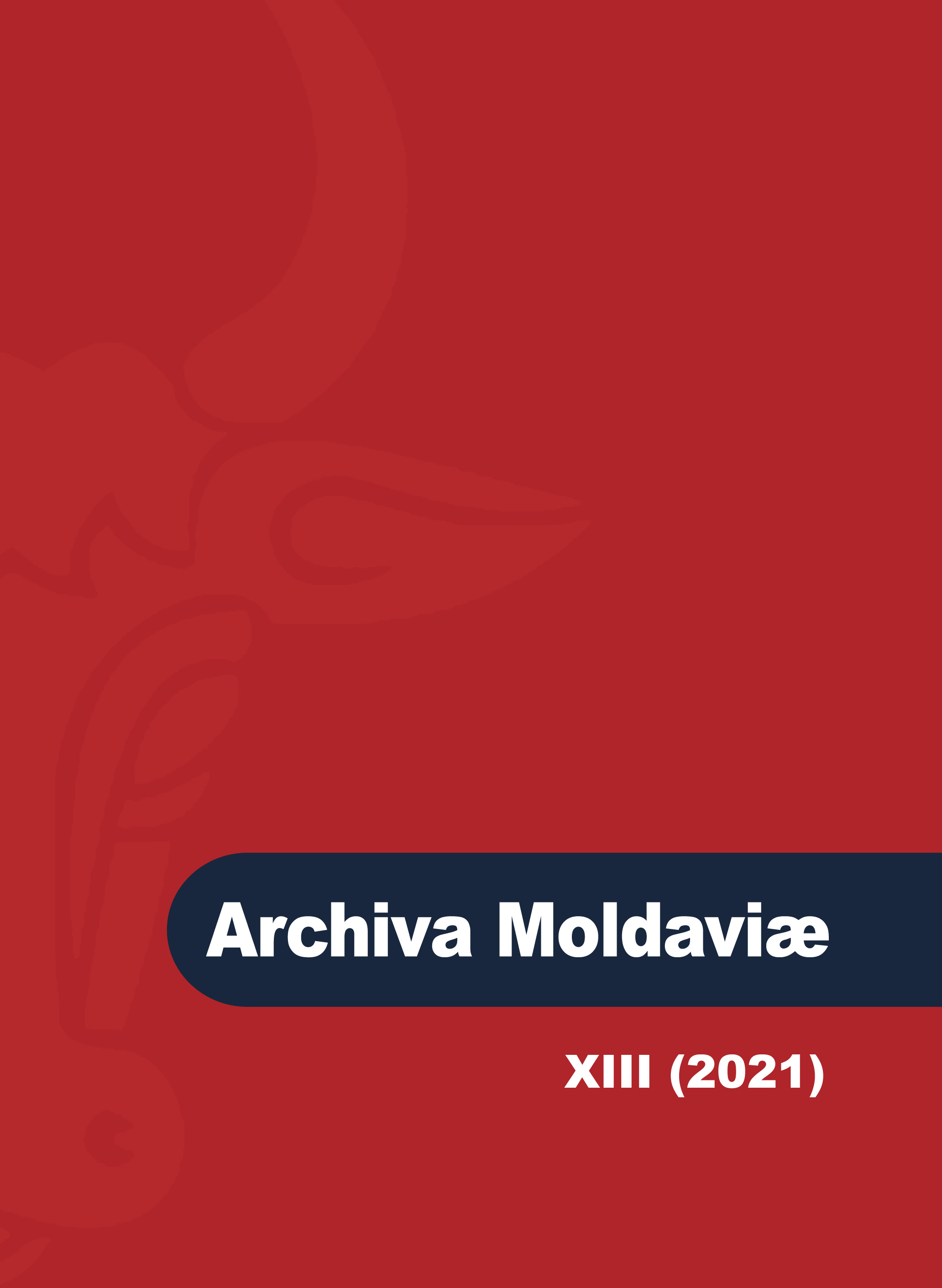Ruralitate, legalism, discriminare. Ingrediente ale identității evanghelicilor din România în secolul XX
Rurality, Legalism, Discrimination. Ingredients of Evangelical Identity in Twentieth-Century Romania
Author(s): Dorin DobrincuSubject(s): Cultural history, Recent History (1900 till today), Social development, Rural and urban sociology, Other Christian Denominations, Identity of Collectives
Published by: Societatea de Studii Istorice din România
Keywords: Evangelical movements; Baptists; Brethren; Pentecostals; Romania; rurality; legalism; discrimination; identity;
Summary/Abstract: The past experience of the Evangelical movements in Romania – I specifically include here the communities of Baptists, Brethren, and Pentecostals – has been mostly researched from the point of view of political and institutional history. The present study discusses some of the key elements which had a formative impact upon the Romanian evangelical communities during the twentieth century, especially in defining the main features of and in consolidating their collective identity. Most of the evangelical churches in Romania were built in villages. This rural character thus remained, for a long time, an extremely powerful identity marker of the Evangelical Christians. The wave of migration towards urban areas during the first decades of the communist regime, which also strongly affected Evangelical communities, had an especially lasting influence on the destination communities in the cities. This was due to the large number of immigrants originating from villages, who had brought with them a whole array of rural-based ideas, practices and attitudes. ‘Legalism’ was a characteristic feature of these communities. The Evangelicals followed high ethical and moral standards, displaying powerful normative tendencies. They explicitly rejected luxury, condemned smoking and viewed alcohol consumption with a high degree of suspicion. Even while displaying a tendency of distancing themselves from the ‘lay world,’ the evangelical communities were far from being isolated. Particularly during the second phase of the communist regime in Romania, an increasing number of evangelicals successfully completed their secondary or higher education.
Journal: Archiva Moldaviae
- Issue Year: XIII/2021
- Issue No: XIII
- Page Range: 169-200
- Page Count: 32
- Language: Romanian

